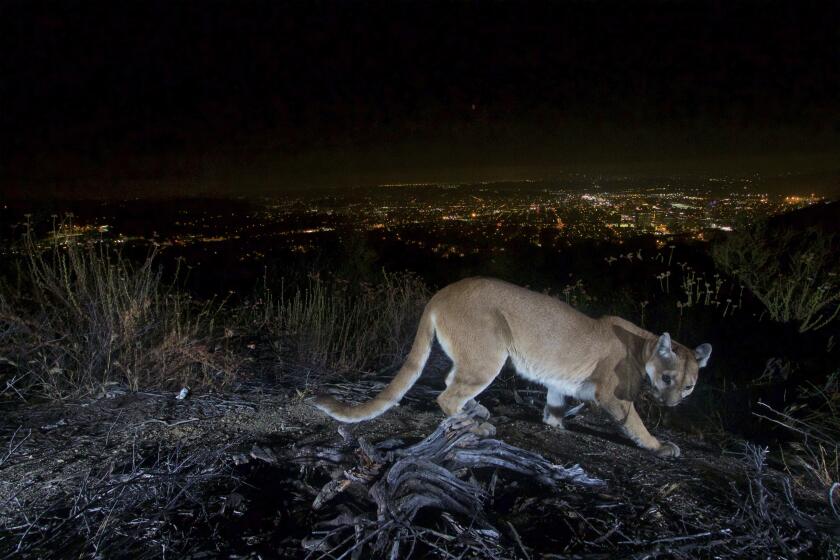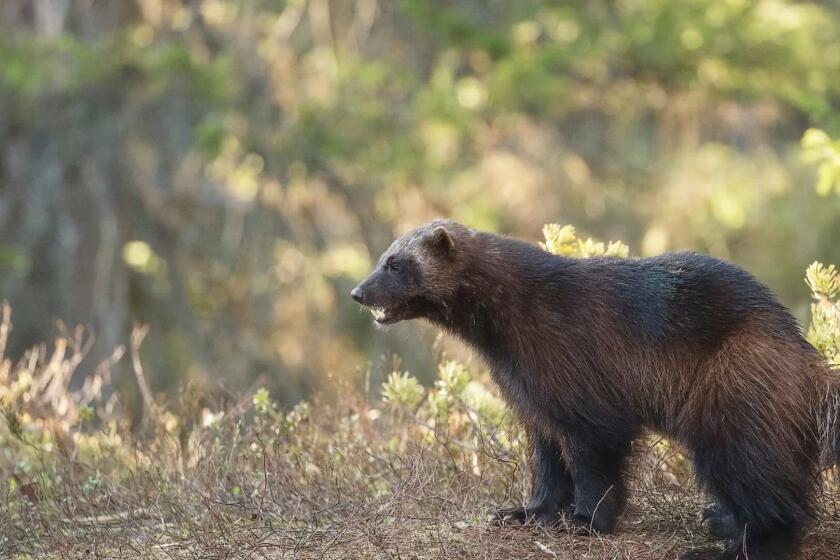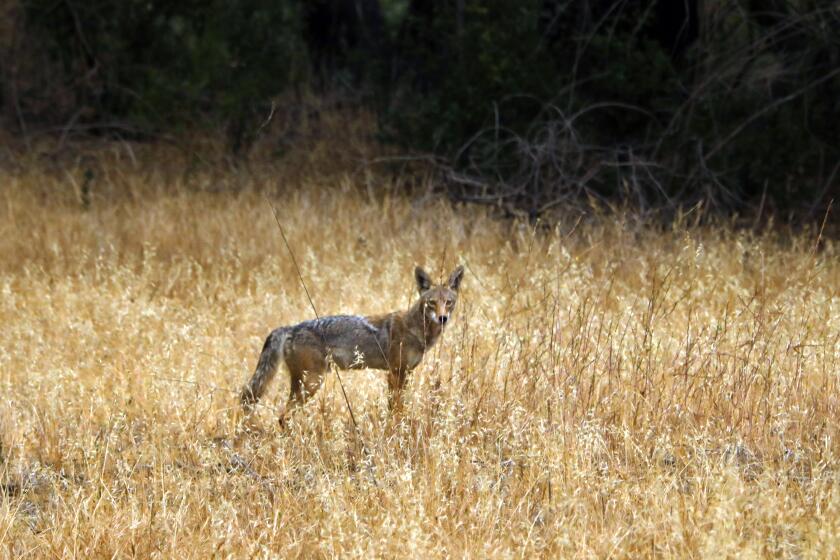Loss of Antarctic Ozone May Peril Earth’s Food Supply, Expert Warns
A veteran Antarctic researcher announced findings Tuesday indicating that the depletion of the Earth’s ozone layer could threaten the world’s food supply.
Prof. Sayed El-Sayed of Texas A&M; University said increased amounts of ultraviolet light, which a thinner ozone shield permits to reach the Earth’s surface, suppresses biological activity in microscopic marine plants in the Antarctic.
El-Sayed said his findings, the first of their kind, confirm strong suspicions of biologists that ultraviolet light might mean trouble for fish, animal and other life in the southernmost part of the world.
On the other hand, “I never underestimate the resiliency of nature,” he said.
Wants More Research
El-Sayed said it is impossible now to say whether the plankton--microscopic single-celled organisms--and the organisms that feed on them might adapt to increased ultraviolet radiation, and much work remains to be done.
Plankton and the tiny shrimp-like creature called krill that feed on them are the primary food source for the whole web of life in the Antarctic, including fish, penguins and whales. A baleen whale may eat three tons a day.
“If anything happened to the krill population, the whole ecosystem probably would collapse, and you can say goodby to the whales and the penguins and the seals and the fish,” El-Sayed told reporters at a briefing arranged by the World Resources Institute, a Washington environmental research organization.
More to Read
Start your day right
Sign up for Essential California for news, features and recommendations from the L.A. Times and beyond in your inbox six days a week.
You may occasionally receive promotional content from the Los Angeles Times.






